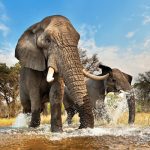biology
May 29, 2023
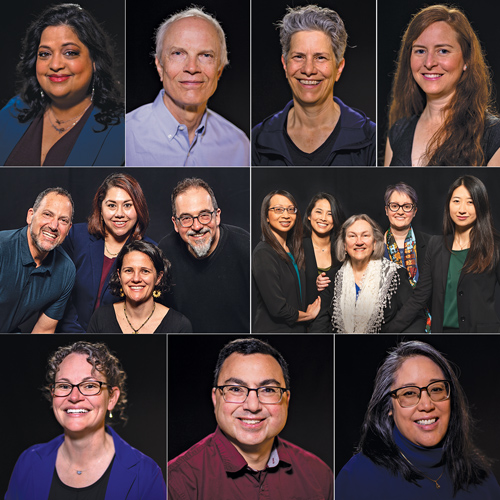
Teachers of the year
From inspiration to impact, this year’s Distinguished Teaching Award recipients mentor and nurture students from all disciplines.
February 26, 2023
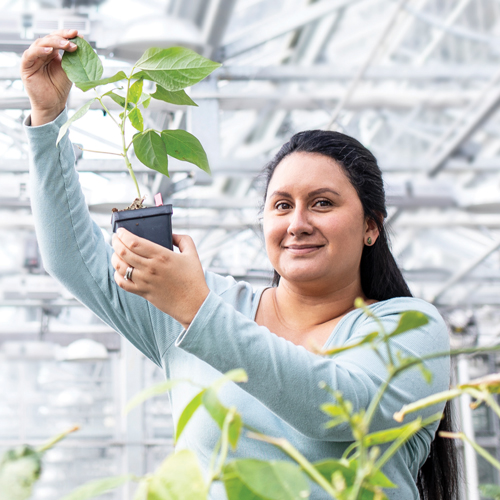
Plant power
Doctoral student Natalia Guayazán Palacios works to understand how plants and microorganisms coexist.
November 26, 2022
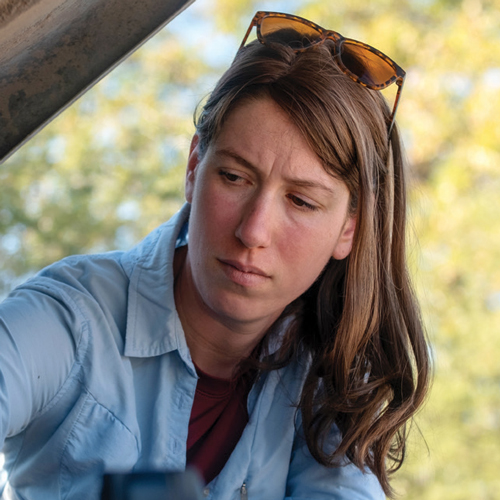
On the scene of change
In data and in the field, professor Briana Abrahms seeks ways for humans and wildlife to coexist as the climate changes.
December 4, 2021
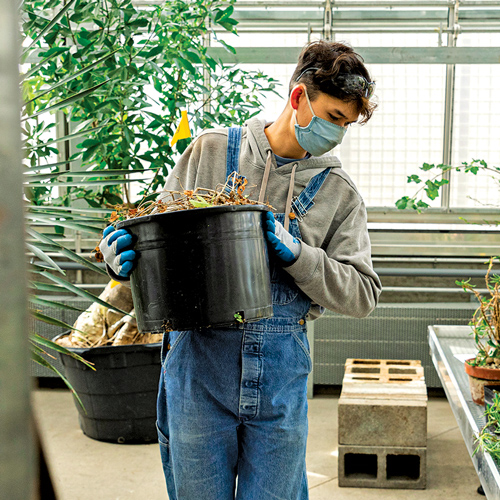
Room to grow
The Biology plant collection settles into its new home, a state-of-the-art greenhouse.
December 1, 2019
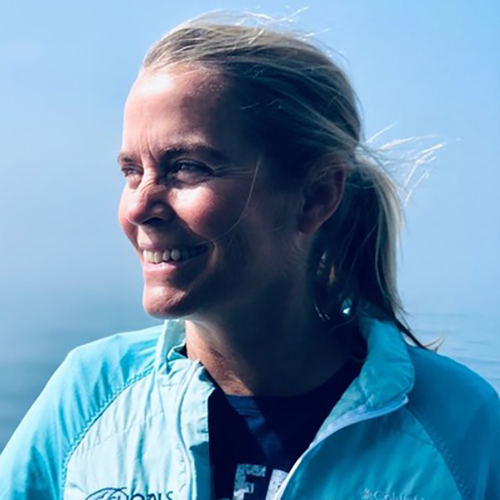
A tern for the worse
Feeding the wrong food to chicks could spell disaster for several species of terns.
August 30, 2018
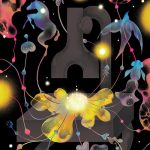
New biologies
Nature is an interconnected web of life. A new Life Sciences building takes that to heart.
July 2, 2018
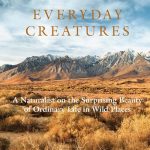
Meet the beetles
Biology professor Jim Kenagy takes in the surprising beauty of ordinary life in wild places.
March 30, 2017
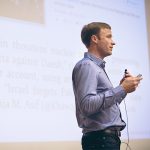
Busting BS
Inside the class that's training students to catch—and call out—fake news and falsehoods.
September 1, 2016
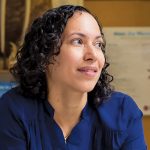
The batwoman
Forget the silly myths about vampires. Sharlene Santana discovered that the role of bats in the environment is underrated. And most don't want to bite you.
December 1, 2015
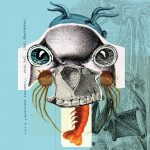
'Scarface' found
A team of scientists has identified a new species of “pre-mammal” based on fossils unearthed in Zambia’s Luangwa Basin in 2009. Its discoverers include Christian Sidor, UW professor of biology and curator of vertebrate paleontology at the Burke Museum.
September 1, 2014
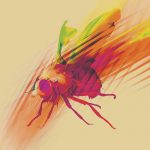
Fighter flies
University of Washington researchers used an array of high-speed video cameras operating at 7,500 frames a second to capture the wing and body motion of flies after they encountered a looming image of an approaching predator.
June 1, 2014
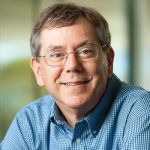
Life guard
Art Levinson, the driving force behind several cancer-fighting drugs, is the 2014 Alumnus Summa Laude Dignatus, the highest award bestowed upon UW alumni.
June 1, 2011
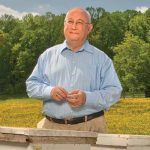
Bee detective
Charles Wick, ’71, ’73, ’79, may not wear the trademark deerstalker hat and smoke a long-stemmed pipe but when it comes to bees, he’s an ace detective.
December 1, 2010
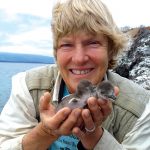
Penguin pad
Dee Boersma and her team spent the last three weeks of September in the Galápagos Islands, building 120 nests for the endangered Galápagos penguins.
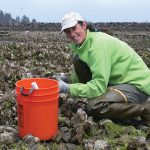
Bay keeper
Half of the West Coast’s oyster supply and roughly one in 10 oysters harvested in the U.S. comes from Willapa Bay. Ensuring the bay will remain productive, without compromising its overall health, has become the mission of Jennifer Ruesink, ’96, an associate professor with UW Department of Biology.
June 1, 2010

Top-notch teachers
The seven recipients of the Distinguished Teaching Award and one recipient of the Marsha L. Landolt Distinguished Graduate Mentor Award share the ability to inspire students to incredible heights.
June 1, 2009
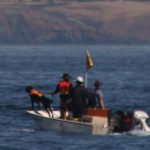
Orca's best friend
The best way to gauge a whale’s health is to study its scat, and that requires a little Lab work.
December 1, 2008
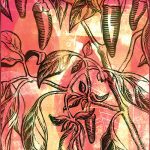
Pepper protection
In a recent study of wild chili plants in Bolivia, researchers discovered that spice levels increase in peppers growing in areas threatened by fungus-carrying insects.
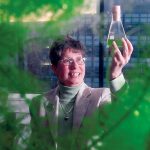
Clean and green
If, in 15 years, you’re driving a car powered by pond scum, you’ll probably have Rose Ann Cattolico to thank. The UW biology professor thinks algae is the most promising source of alternative energy out there.
